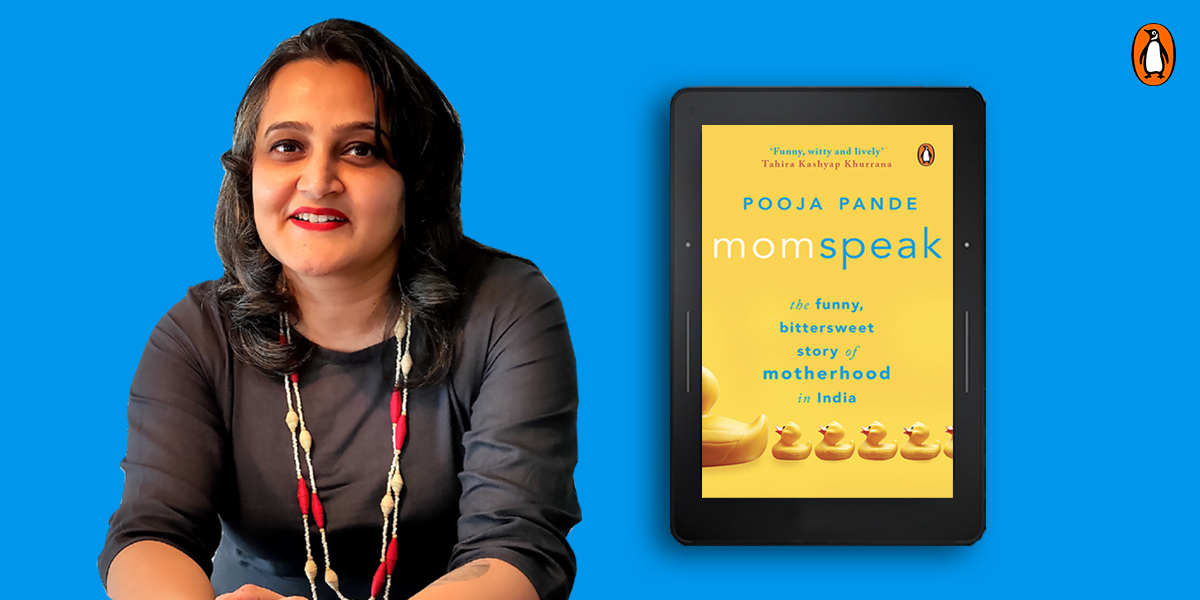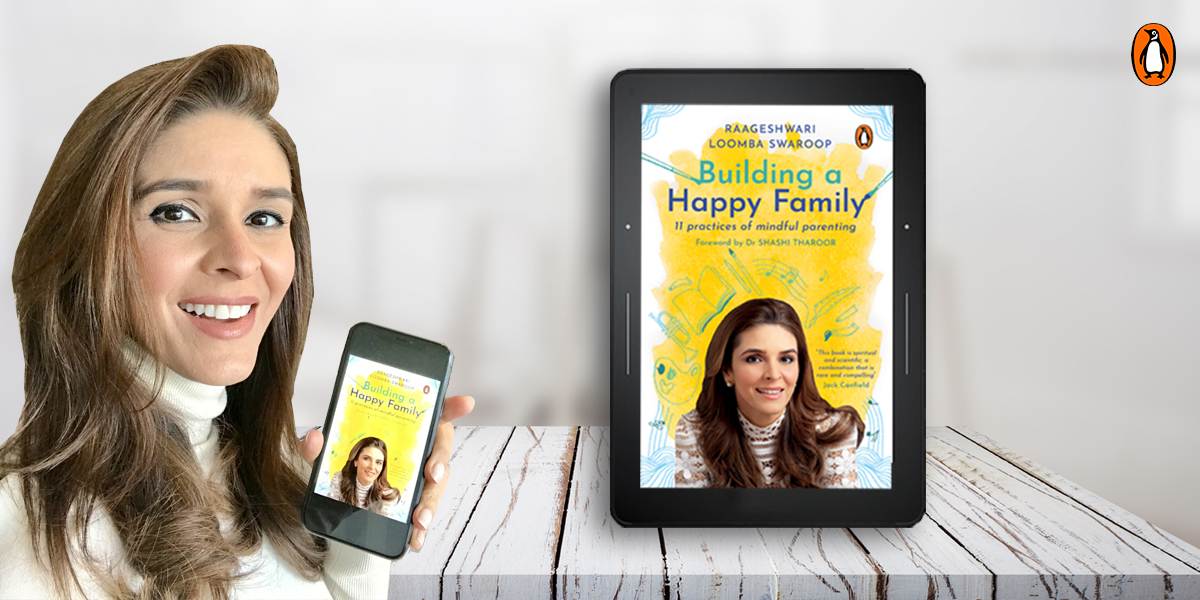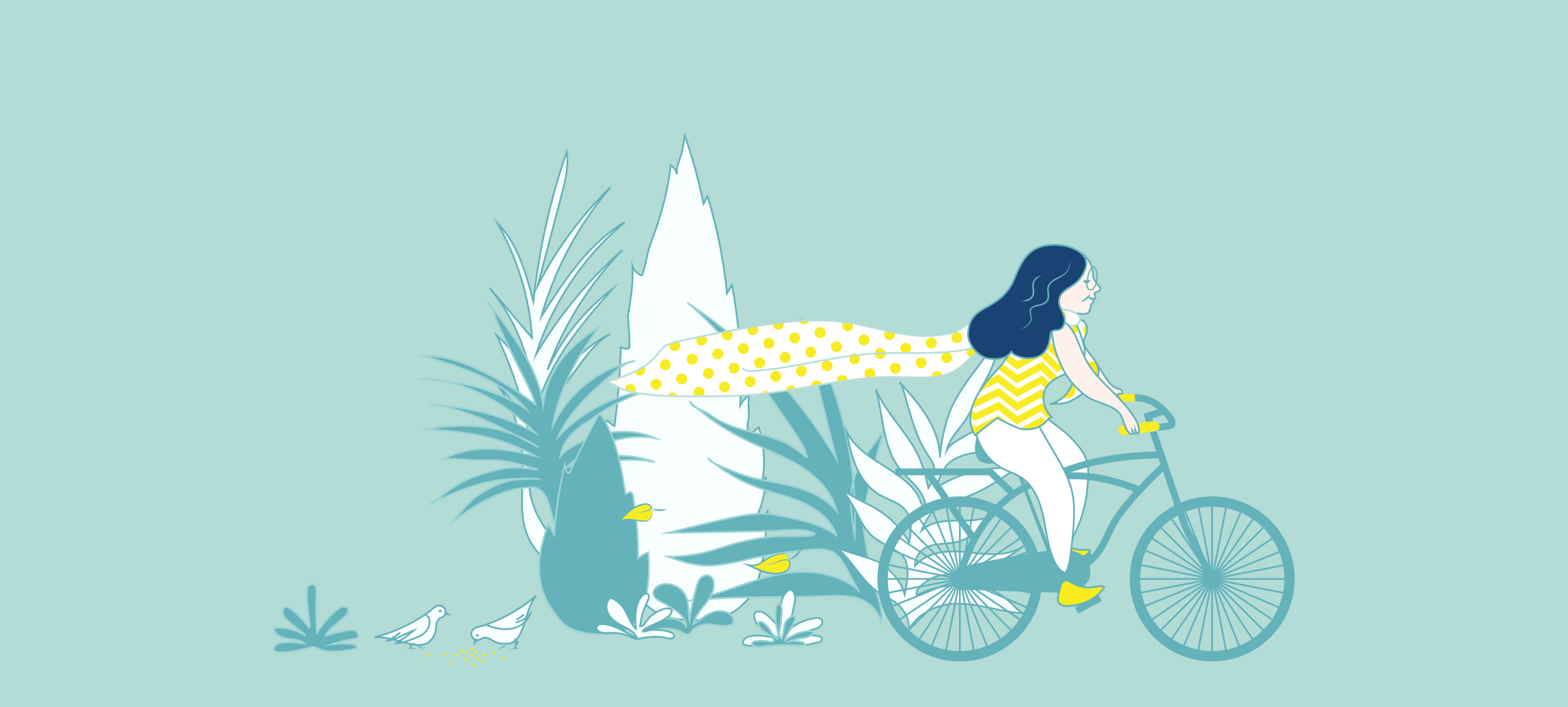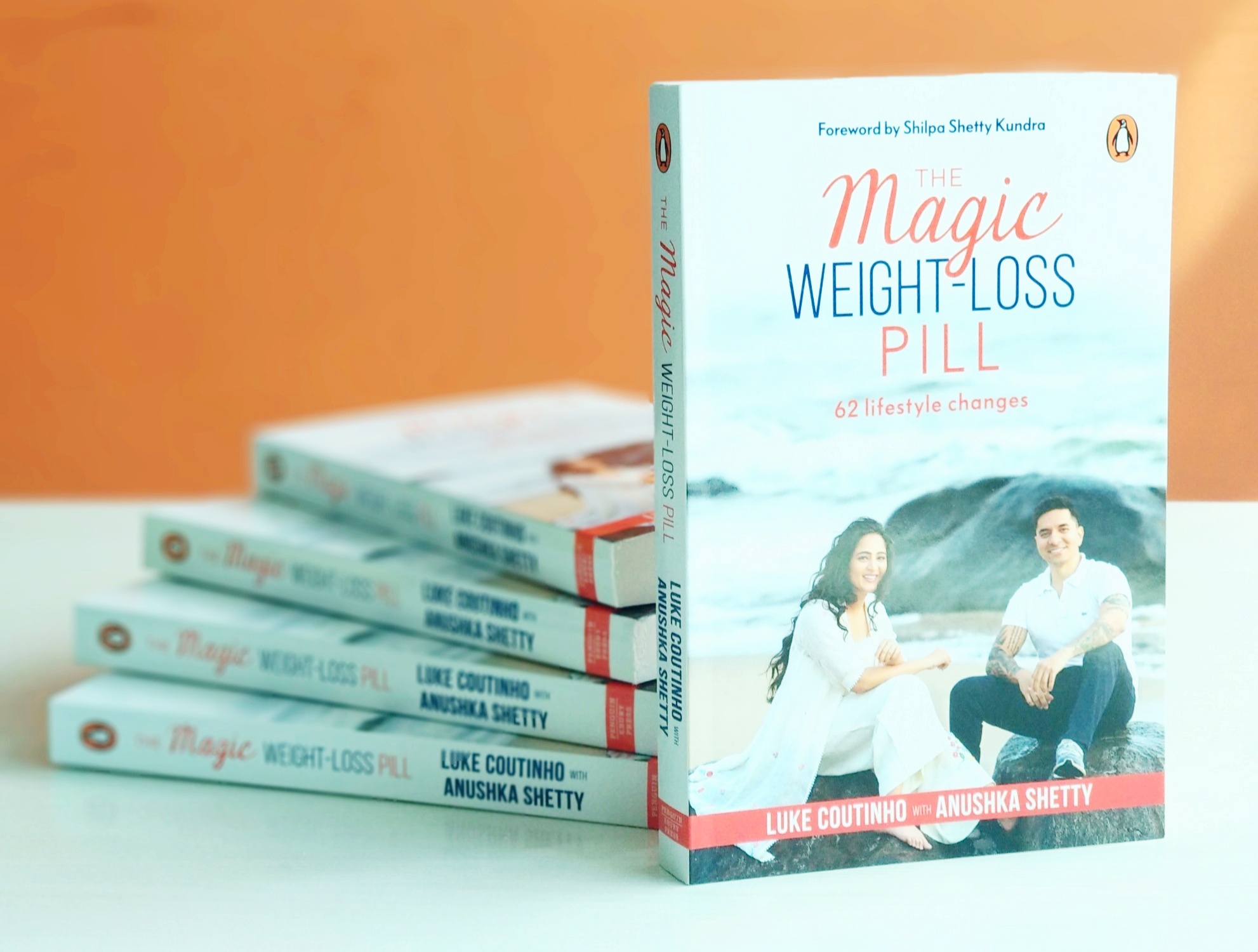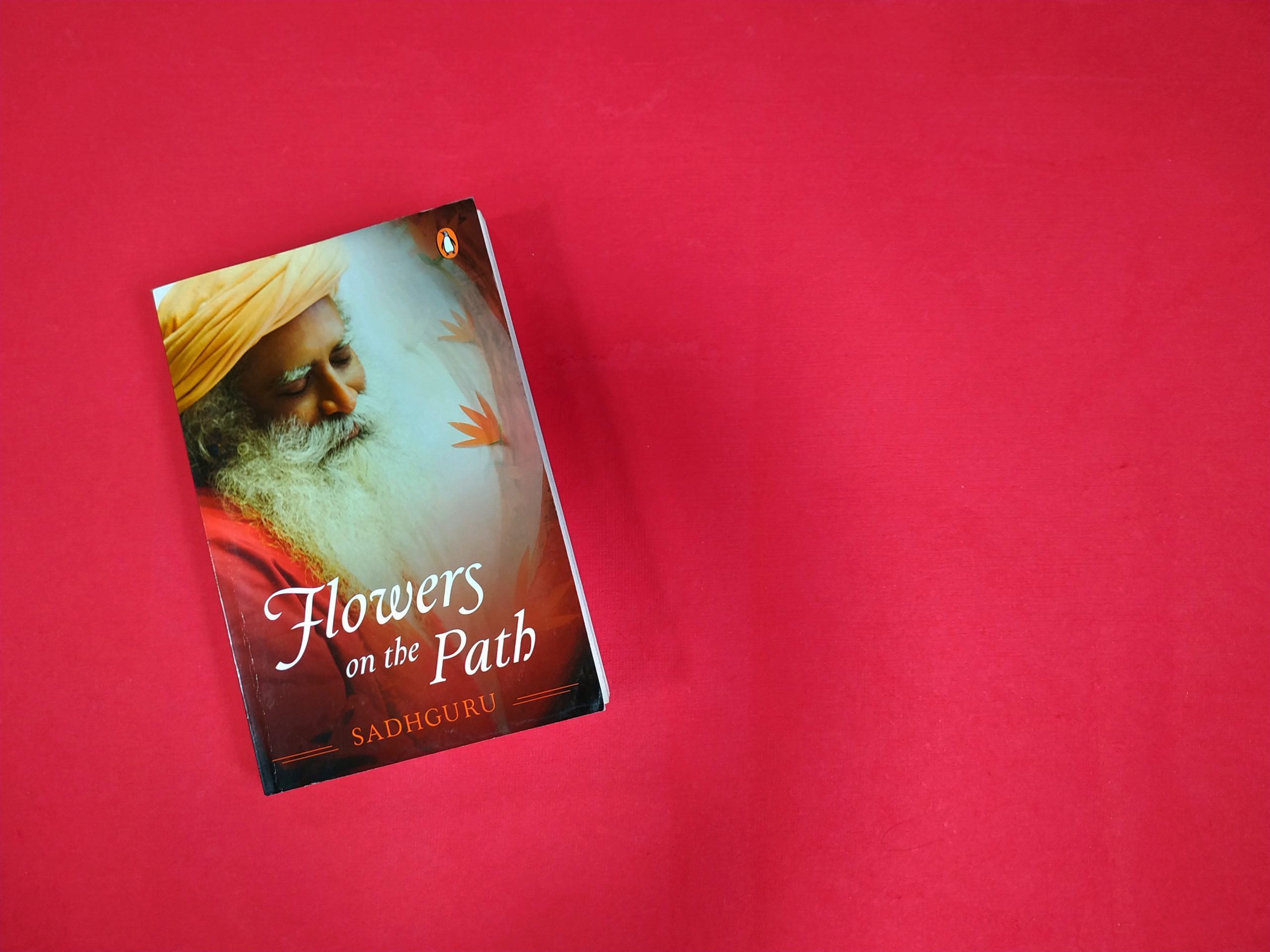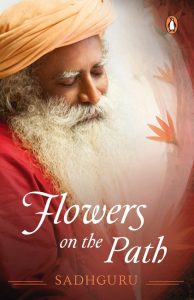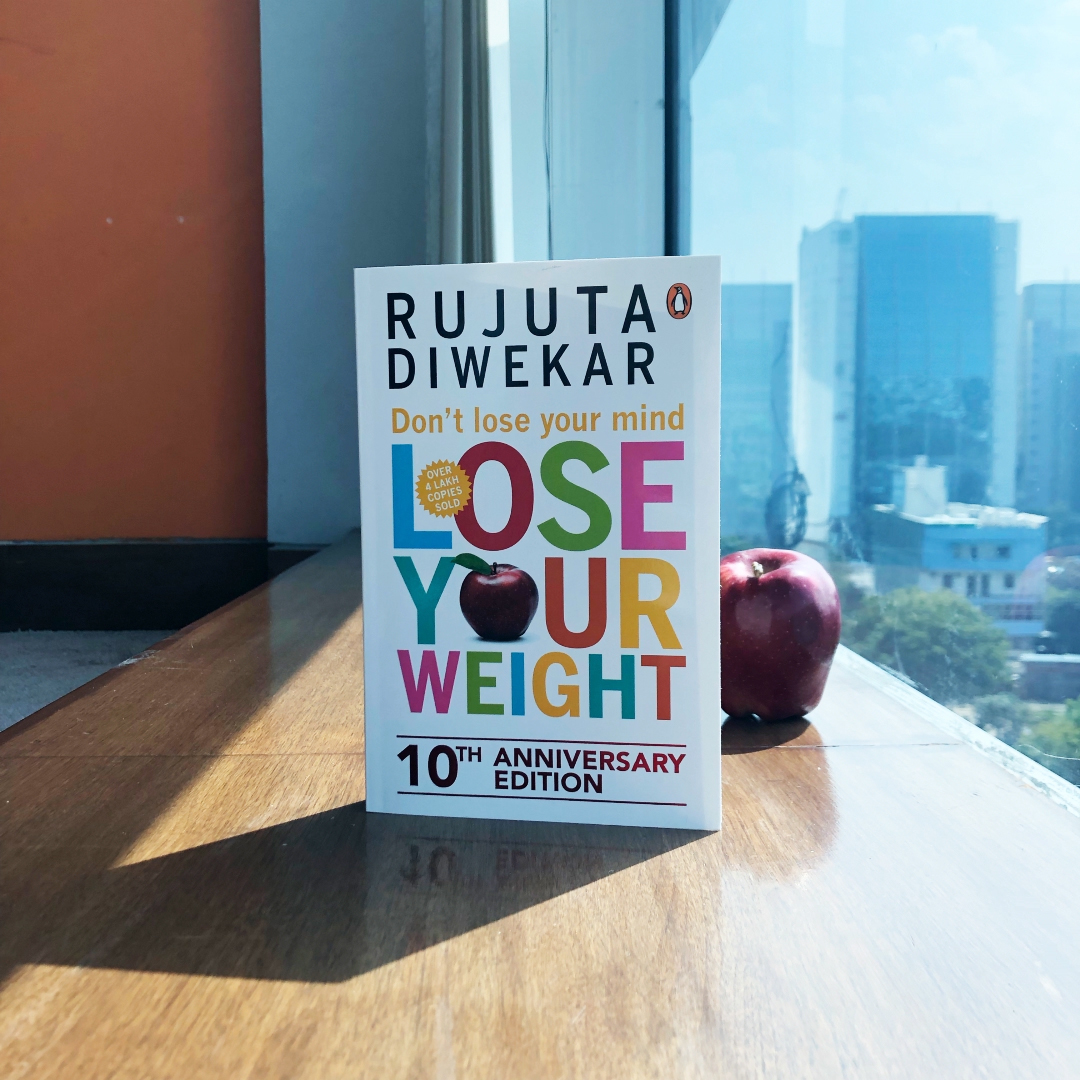You can’t have a happy family unless you’re happy yourself. Raageshwari Loomba, an award-winning speaker on mindfulness, shows us how to create an excellent atmosphere for the entire family to thrive in. Her relatable style is coupled with real-life examples, such as that of Albert Einstein, who couldn’t speak till the age of four and was a poor student. His parents encouraged him with love and allowed him to learn at his own pace. This, she shows, is the way to bring up your own little genius.
Building a Happy Family brings to you 11 simple mindfulness philosophies that will enrich and strengthen your and your children’s inner world. Through scientific research and her own intimate story of heartbreak and facial paralysis, Raageshwari emphasises how our thoughts can manifest further struggles or glory, and how teaching children early that our inner world attracts our outer world is key. Parents are taught to encourage their children’s original expressions, creativity and joy, and not lose sight of it in their own lives too. This is the secret to a happy family.
Read below an interview with the author:
Please tell us about a piece of advice that you got from your mother and still hold on to.
As a child, I remember standing in the kitchen beside my beloved Mom Veera, watching her cook. She would return from office and whip up a delicious tadka dal. She always said and repeats even today “Be grateful you have food that you can eat. Be grateful that you have a family to share it with”. As a child, it translated in my mind to the idea that women must cook. But today, I know the deeper significance it has is to create the true essence of a family. It’s all about gratitude, simplicity and togetherness.
You mention in the book that parenting is about raising the parent and not the child. Would you like to tell us about how you came to a realization this profound?
Even as a child, I would spend time with children younger than me. In school, my friends would be looking for me but I would be helping the teachers in the kindergarten section. I have always loved spending time with toddlers. Where others see tantrums, I see wisdom. I like that toddlers are mindful, easy-going, loving, forgiving and filled with unique insights. They hold no grudges from the past and have no anxiety about the future. The way they learn to walk is a treat to watch. They have single-minded focus. They fall many times but they stand up and try again. And it’s not out of a sense of competition. They are not looking over their shoulders to see if other toddlers have started to walk first. They simply excel in completing the tasks that matter to them. They walk up to strangers and cuddle and bond, not affected by any culture, status or moral ground. They relish these moments and enjoy them to the fullest. What a marvellous attribute of Mindfulness they have. What a pity we parents make them lose it. However, we are well-meaning parents, and once had these very qualities too. So it makes me wonder why many of us don’t see that we can learn about life from these ‘little masters’!
With parents in metropolitan cities working longer hours, children have less access and time to spend with their parents. Any tips on how families can consciously work on this?
Parents who work don’t have any lesser of a bond with their children than the parents who are home with their children all day. The secret lies in connecting with your child and their deep interests. A study by the University of Toronto published in the Journal of Marriage and Family in 2015 said that the average number of hours that parents spend with their children has only grown over the years, contrary to what parents may feel or believe. It has grown from 7.3 hours in 1975 to 13.7 hours in 2010, even as the share of mothers working outside the home rose from 41% in 1965 to 71% in 2014. For fathers, the number rose from 2.4 hours in 1975 to 7.2 hours in 2010. Yet, we parents think we are not doing enough and end up feeling guilty and at fault. So the answer lies in quality time. It is not at all important to always hover around your children to build a bond with them. In fact, step back, and try to enjoy just a 15-minute play date filled with presence, no agenda and complete trust. The idea is to be fully present and give them your complete attention whenever you are with them.
You emphasize on reading as a habit. Which were your favourite books growing up?
Little Snow Girl, Cinderella and Ramayana immediately bring back memories of my childhood. I actually think Cinderella is a masterpiece if explained to a child well. I had little focus on the Prince. For me, the moral of the story was loud and clear—if you are kind, miracles will surround you.
What is the best time for kids to use affirmations during the day? How can a parent choose the right one?
The morning time as they wake up is the best for affirmations, because a good night’s sleep is a mental cleanser. As we wake up, we are naturally in a meditative state. So it is best to stand in front of the mirror or affirm in bed itself to cement your cleansed mind with these beliefs. Choose affirmations according to an attribute you wish to invite into your life. Observe that most probably the child will mirror qualities that you possess or struggle to have yourself. For example, if your child is shy, but wishes to be an extrovert, let them affirm something like, ‘I love my ideas, and I happily share them with the world’. If your child is struggling to focus on books, they can affirm, ‘I enjoy observing the shape of numbers and letters in books.’ If the child is older the affirmation could be, ‘Books are my doorway to great ideas. I’m falling in love with books on a daily basis.’ If your child stammers (first observe if the home has caustic fights, or if the child or either parent is reprimanded constantly to ‘shut up’ or ‘be quiet’) the affirmation could be, ‘I love the sound of my own voice. The world loves the sound of my own voice. I speak clearly just like a king/queen.
Raising kids in a competitive world can bring out parents’ insecurities at times. Any suggestions on dealing with those?
This book is not about training your child to be the best. This book is about making YOU realise that you already have the best child. The Mindfulness journey can only begin from this thought. Observe ‘successful adults ’ (according to your definition ) Do they look happy? The highest number of mental health tragedies are linked to the so-called ‘high achievers’. Our definitions of success and accomplishments will have to change. Most of us adults walk around directionless, and with that empty soul we decide to guide our children. We will have to first nurture our inner child and tell ourselves ‘we are perfect the way we are’. And we will have to allow our children to follow their bliss. We as a community of families, schools and colleges will have to collectively re-define success and accomplishments so our children can truly thrive. We will have to focus on building their inner world first. It is important to make them believe that they are perfect the way they are, and that a parents’ love is not conditional at any cost. We adults will have to first believe ourselves that happiness is not a moving target; happiness is right here, right now.
Looking after yourself before others is necessary for an emotionally healthy life and also very tricky when you’re teaching your kids. Any tips for parents on this?
In my book, I feel the most important chapter is one called ‘Oxygen mask theory’. When you are energized with oxygen first, you will be more alert and able to attend to your child and navigate a crisis situation far better. Parenting too needs an oxygen mask theory. Your needs are like oxygen. Parents must learn to attend to their own needs first, so they can enjoy parenting, not have outbursts and handle decisions with balance. Another important reason why you must value your needs is that it sends an important message to your child. I talk about childhood patterns in the book, so if you want your child to grow up as someone who nurtures himself/herself, then there is no better person than you to show this to your child!
If you could go back to your 20-year-old self and give her a piece of advice, what would that be?
Forgive and let go of the past, don’t worry about the future. Just enjoy this beautiful moment called NOW!
On the occasion of Mother’s Day, is there a message you’d like to share with all the wonderful mothers out there?
First I want to make a space for women who may be struggling to become mothers biologically. I always think of you on every Mother’s Day. I want you to remember this—we women are born mothers. There is something deeply spiritual how daughters nurture their parents from the moment they are born. So you were, are and always will be a mother.
Happy Mother’s Day! Now I would like to wish the rest of us who have been lucky to have been blessed with a child. Remember that you have a child, which is a blessing. On Mother’s Day, I would like to all of us to remember that we are the only ones who can understand each other’s pain, shortcomings, guilt and turmoil like no one else can. Hence, we must be the last ones to cause pain to each other’s soul.
Happy Mother’s Day!
Get your copy of Building a Happy Family here 🙂







